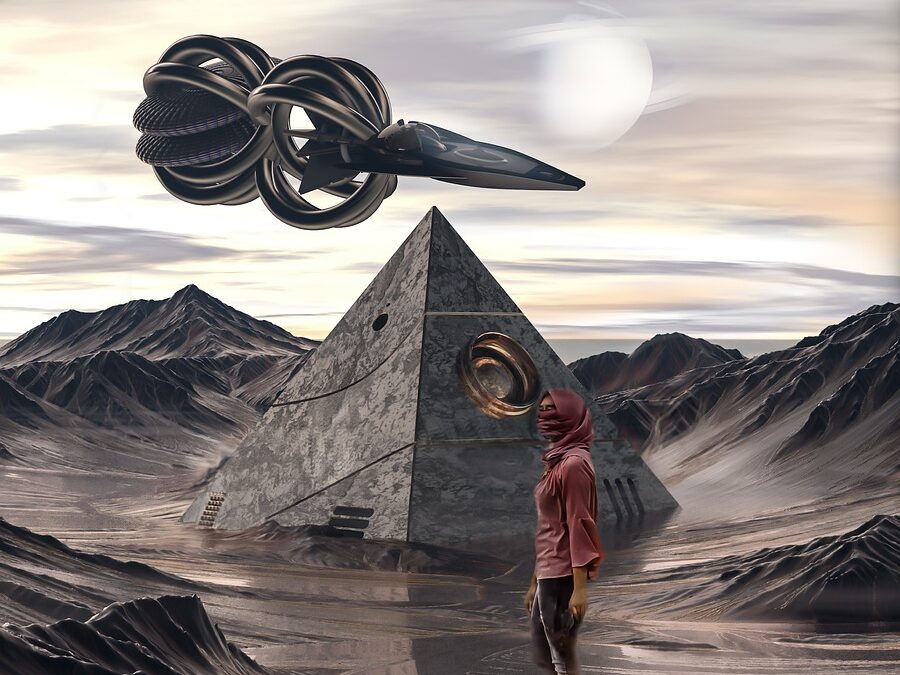blockchain Technology Paving the Way for the Metaverse Revolution
The Metaverse has been hailed as the next frontier of the internet, a fully immersive virtual world where people can work, play, and interact with each other in a way that was once only imaginable in science fiction. With advancements in technology, the dream of the Metaverse is becoming a reality, and blockchain technology is playing a crucial role in making it happen.
What is the Metaverse?
The Metaverse is a collective virtual shared space, created by the convergence of virtually enhanced physical reality and physically persistent Virtual reality. It is a world where users can explore, create, and interact with others, blurring the lines between the physical and digital realms. In the Metaverse, users can have virtual representations of themselves, called avatars, and engage in activities such as gaming, socializing, shopping, and even attending virtual events.
blockchain and the Metaverse
blockchain technology, the backbone of cryptocurrencies like Bitcoin and Ethereum, is a distributed ledger that records transactions across multiple computers. It provides transparency, security, and immutability to digital transactions, making it an ideal technology for the development of the Metaverse.
One of the key challenges in building the Metaverse is establishing trust and ensuring that digital assets within the virtual world are unique, scarce, and cannot be copied or manipulated. blockchain technology solves this problem by creating a decentralized system where ownership and transactions can be verified and recorded.
In the Metaverse, users can buy, sell, and trade virtual assets like virtual real estate, digital art, and in-game items. blockchain technology enables the creation of non-fungible tokens (NFTs) which are unique digital assets that can represent ownership of these virtual items. NFTs are stored on the blockchain, making them easily verifiable and transferable, and giving users full control over their virtual assets.
blockchain also enables decentralized governance in the Metaverse. Instead of being controlled by a single entity, the rules and regulations of the virtual world can be determined by a community of users through decentralized autonomous organizations (DAOs). These DAOs use blockchain technology to create a transparent and democratic decision-making process, giving users a say in the development and governance of the Metaverse.
The Future of the Metaverse
The Metaverse is still in its early stages, but the potential impact on various industries is immense. In gaming, the Metaverse can provide a more immersive and interactive gaming experience, with players able to trade virtual assets and earn real-world value from their in-game achievements.
In the entertainment industry, the Metaverse can revolutionize the way we consume and create content. Virtual concerts, movies, and events can be experienced in a way that feels like being physically present, opening up new opportunities for artists and creators.
The Metaverse also has the potential to reshape the way we work and collaborate. Virtual offices and meeting spaces can enable remote teams to collaborate in a more immersive and productive manner, breaking down geographical barriers and fostering global collaboration.
However, there are also challenges that need to be addressed. Issues such as scalability, interoperability between different virtual worlds, and ensuring inclusivity and accessibility for all users need to be overcome for the Metaverse to reach its full potential.
Conclusion
The Metaverse is set to revolutionize the way we interact with digital spaces and each other. blockchain technology provides the foundation for the development of the Metaverse, enabling trust, security, and ownership of virtual assets. As the technology continues to evolve, the Metaverse will become more immersive, inclusive, and transformative, opening up a world of possibilities for individuals and businesses alike. The future of the internet is here, and the Metaverse is leading the way.

